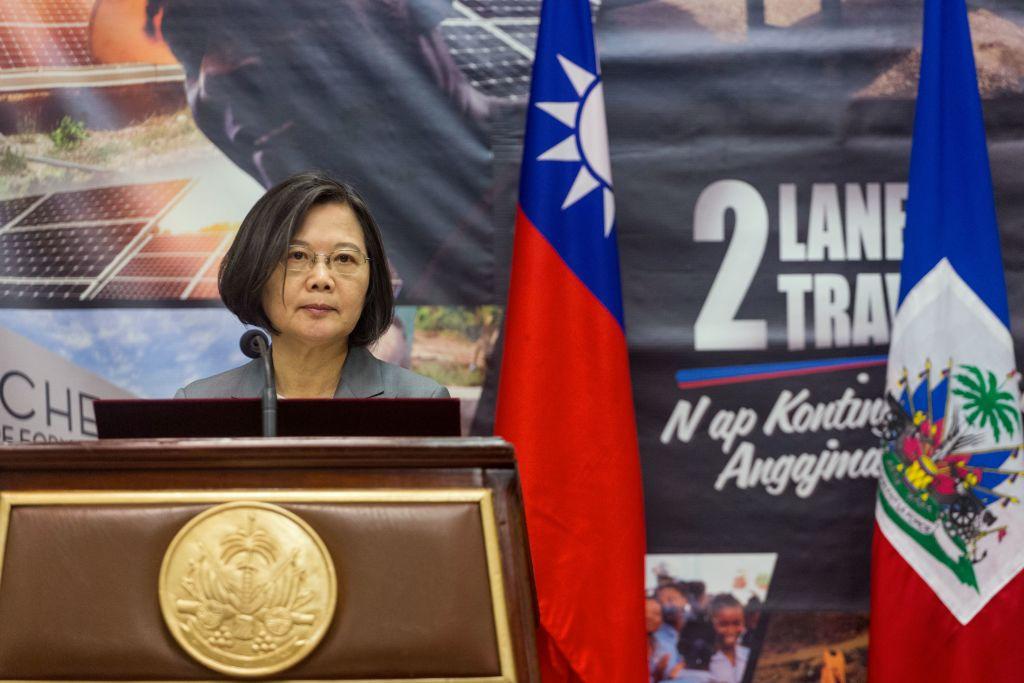TAIPEI, Taiwan—President Tsai Ing-wen returned to Taiwan on July 22, after a 12-day trip to Taiwan’s four diplomatic allies in the Caribbean, with stopovers in New York City and Denver.
Local experts applauded Tsai’s overseas trip as a huge diplomatic success, which included solidifying the self-ruled island’s relationship with the United States.



